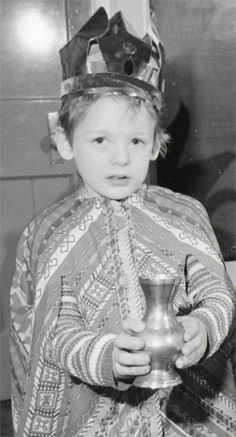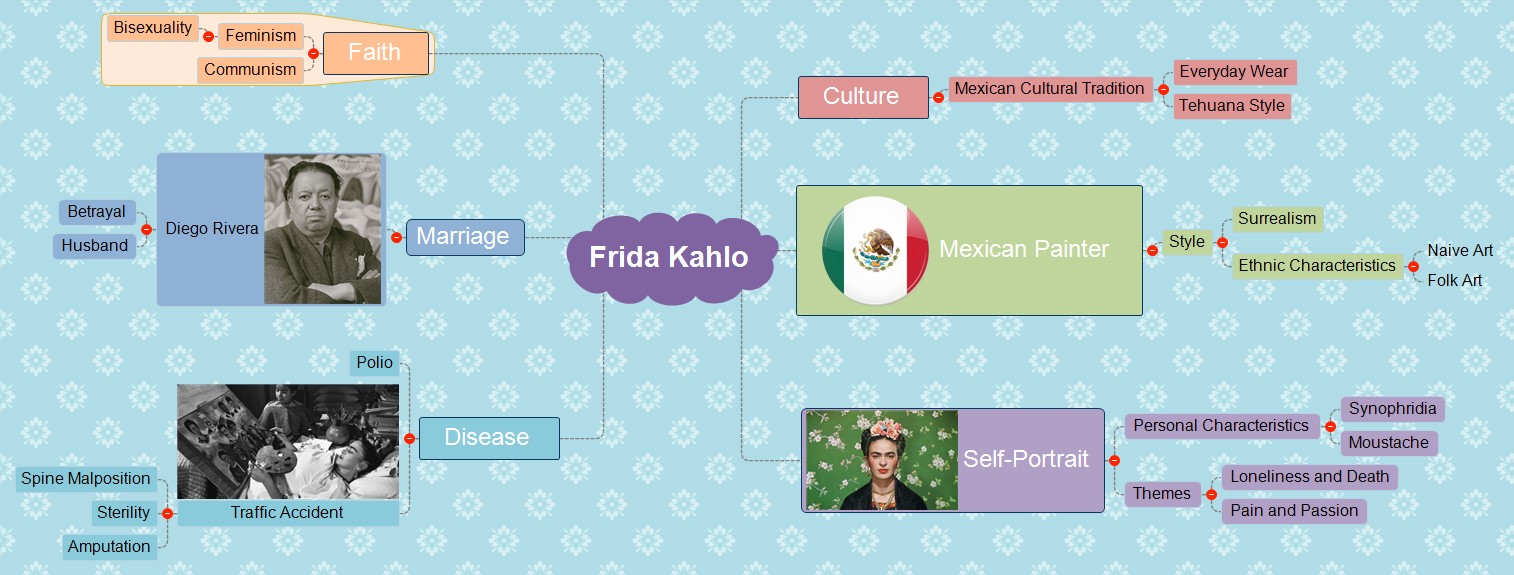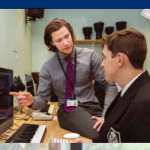Schools like to hang on to their pupils until they are 18. This has been a bugbear for FE colleges for many years as they feel they do not get a fair hearing. Schools claim a closer personal relationship with their students, better pastoral support and argue that they have a good reputation when it comes to getting university places.
Things have changed dramatically in the last year or so. Just this week, Sheffield Hallam announced it is suspending its degree in English Literature; last week it was announced that there will be fewer places for medical students this year. Maybe it is time to reconsider. Why would young people struggle to get one of a decreasing number of uni places and rack up enormous debts when there are other options?
On 20 June 2022, the government issued its consultation on revised statutory guidance on access to schools for education and training providers. It will enforce a legal requirement, ‘making sure that all secondary schools open their doors to other education and training providers.’
Baker Dearing Education Trust chief executive, Simon Connell, points out that with the introduction of T Levels young people want to know more about the technical options on offer from UTCs, colleges, and training providers, in concert with employers. He believes that ‘the department ought to come down hard on schools who try to cheat pupils and providers by using pre-recorded videos or simply distributing literature on technical options.’
UTCs offer a totally different education as Christopher Simpson found out.
He is now an IT Systems Administrator with Z-Tech Control, a company that provides specialist electrical, control and instrumentation support to the UK’s water, power and rail industries. They funded him to do a degree level apprenticeship in Digital Technologies.
‘I would not have got this apprenticeship if I hadn’t gone to Greater Peterborough UTC,’ he said. ‘At my school the only path was university. I found this difficult as I could never truly picture myself there. The way they taught at the UTC really helped ground what we were learning in reality. This feeling was reinforced by the near constant involvement by sponsors so we knew we were learning something that was useful, rather than an abstract concept that would never see the light of day. GPUTC gave me a chance to see and connect with employers and find what I wanted to do.’
Read more bout the consultation here. The closing date for responses is 25 July 2022.

 It’s that time of year when primary teachers are casting roles in the nativity play. This morning I received research results from
It’s that time of year when primary teachers are casting roles in the nativity play. This morning I received research results from 
 % pass rate in Music GCSE – students have gone on to greater glory with Louisa Johnson winning the X Factor in 2015 and Ruti Olajugbagbe winning The Voice UK in April 2018.
% pass rate in Music GCSE – students have gone on to greater glory with Louisa Johnson winning the X Factor in 2015 and Ruti Olajugbagbe winning The Voice UK in April 2018. Their technology is supplied and managed by
Their technology is supplied and managed by  Looking for awards to celebrate the achievement of some of those who work with children and young people?
Looking for awards to celebrate the achievement of some of those who work with children and young people?